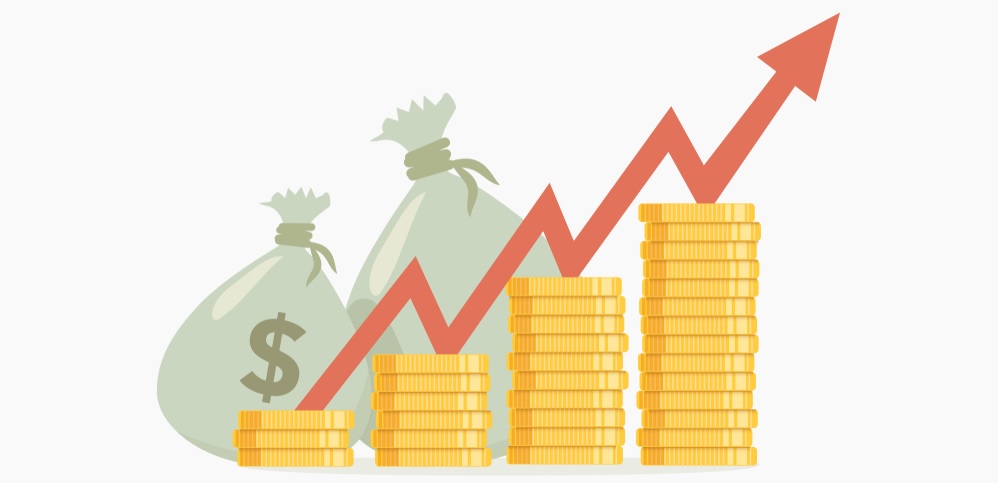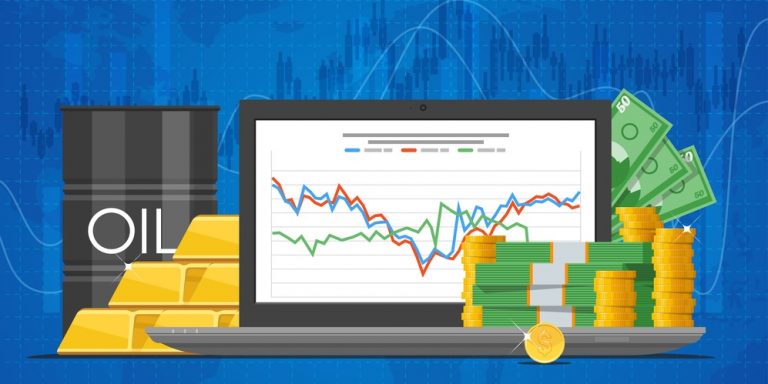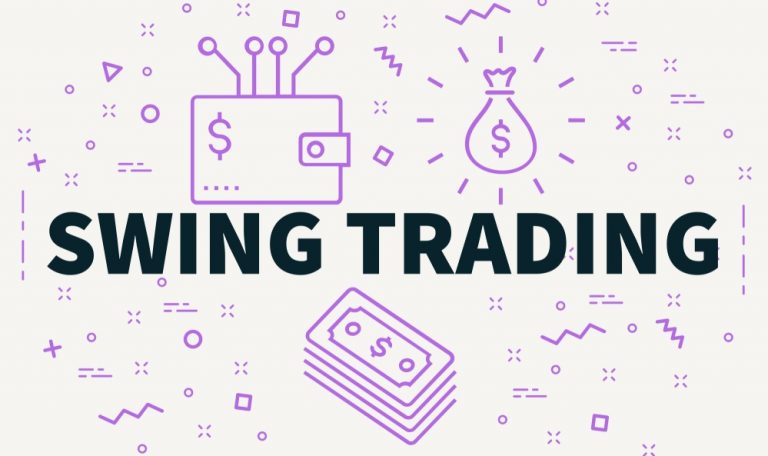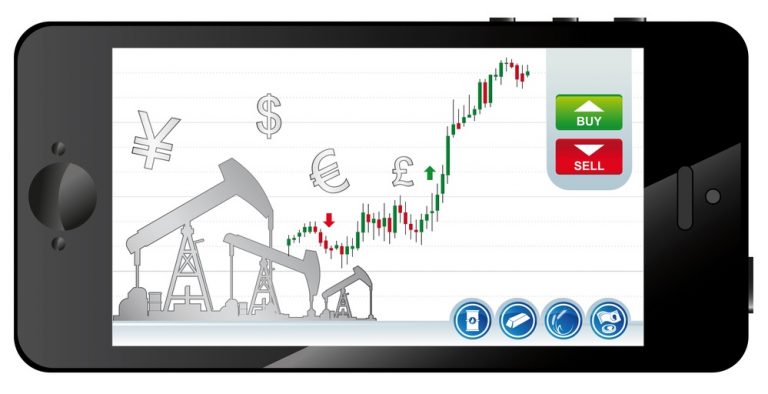
Holding positions in CFDs relative to the shares in an underlying company are preferred by many traders as a cleaner, more tax-friendly way of backing a company that shows signs of promise. Because CFDs trade on the basis of shares, but transfer no rights and responsibilities to the holder, they are less involved than shares, and fundamentally more straightforward instruments. One of the drawbacks of non-entitlement to shareholder rights is the situation regarding dividends, and without some specific treatment by CFD brokers this can lead to an obvious imbalance in the pricing of the contracts they offer.
A dividend is a payment made to shareholders from a declared dividend fund, paid out on a per-share basis from a portion of the net profits after tax and retained sums.
As a shareholder, dividends are declared and paid to you by the company, offering a residual yield and building in some value in actually owning shares. But for holders of contracts for difference, which may very well pertain to the shares of the very same company declaring a dividend, how is this apparent anomaly rectified?
Dividend Payments and Contracts For Difference
It would seem particularly harsh on traders if dividend payments made no impact on the value of their contracts, and at any rate that wouldn’t be a true reflection of the value of their positions. The inherent value of an asset increases when it has a proven and demonstrable yield, and any company that finds itself in a position to declare a dividend is usually doing so off the back of a highly profitable, strong trading year. Therefore the very presence of a declared dividend is sufficient to increase the value of the shares in the relevant company, and all instruments and trading assets derived from those shares.
For traders holding long CFD positions at the time of a dividend declaration, the situation is rectified by the broker factoring in the additional value of the dividend into the value of the CFDs, often at a rate less than 100% of the declared dividend value. This effectively ensures CFD holders benefit from the declaration of the dividend as they should, without any recourse to claim the dividend from the company.
It is important also to note that dividend declarations are also paid on short positions, and (unsurprisingly) brokers tend to do so at no less than 100% of the dividend amount. When taken into consideration, a paid dividend on a short position is actually a subtraction in value, given that you’re anticipating a fall in value, and so it pays to be on top of when dividends are likely to be announced to ensure you don’t get caught up as a result of a hefty payout.
Other Corporate Action Effects
Likewise, with other corporate actions (such as, for example, a rights issue), the trader is open to receiving the benefits and drawbacks of the decision where otherwise without ownership they might expect to be cut out of the loop. In order to consistently reflect the true value of the underlying assets to which they relate, CFD brokers take steps to ensure every corporate action that bears on shareholders also bears on CFD traders, so it’s important to make sure you’re on the ball when it comes to leaving open positions ahead of corporate announcements.






